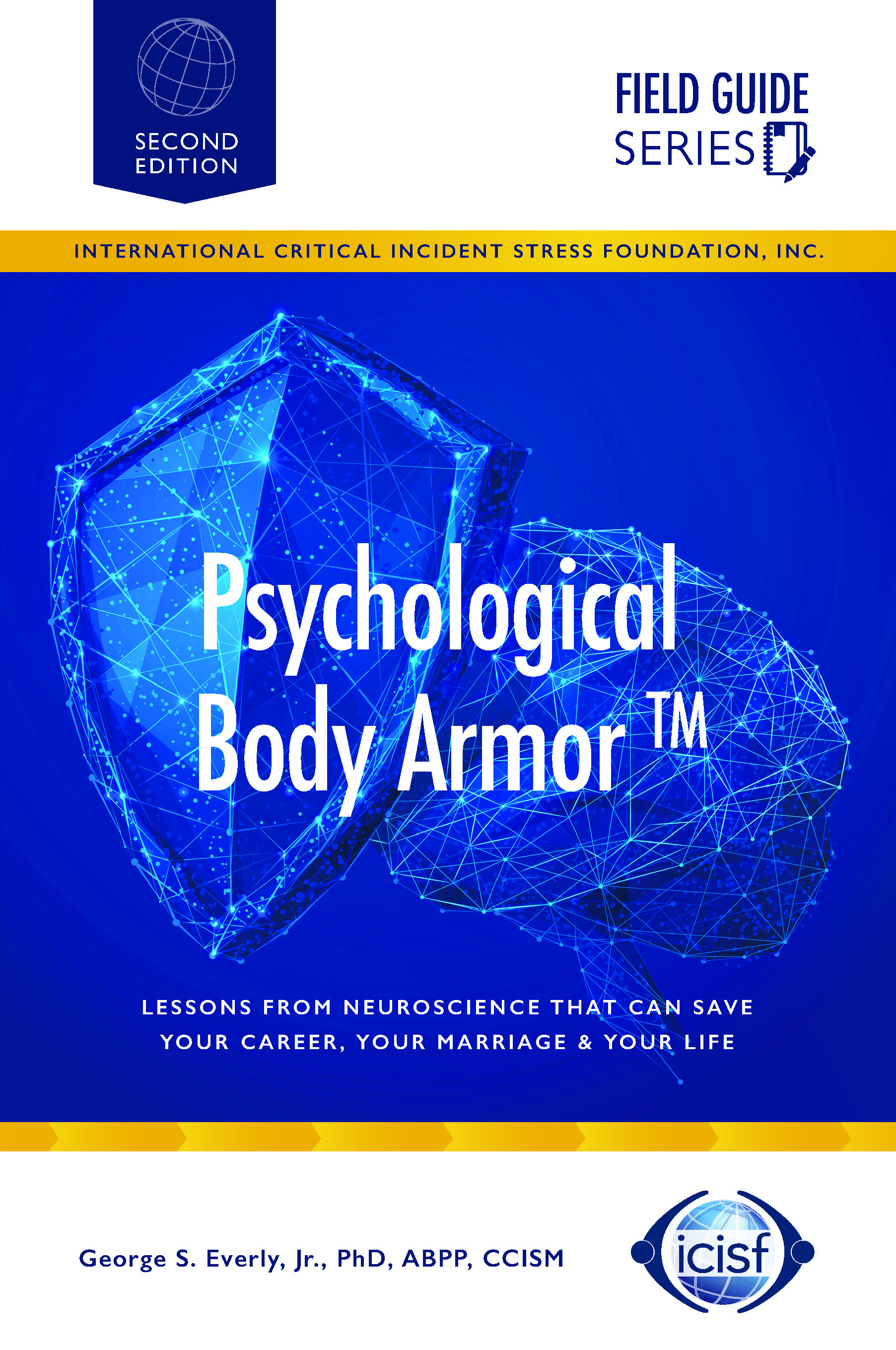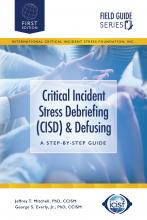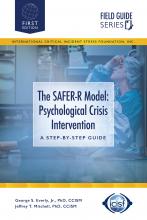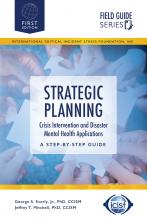Psychological Body Armor™
Psychological Body Armor™
By: George S. Everly, Jr., PhD, ABPP, CCISM
Resilience is the ability to bounce back from adversity. But imagine if there was a way to "immunize" yourself from the stress of adversity. First responders, first receivers, disaster responders, public health professionals, and military members, to mention a few, are exposed to situations that can cause physical injury. As a result, they wear physical body armor and PPE for protection. At the same time, they are exposed to situations that can cause psychological injury. Shouldn't they also learn to use Psychological Body Armor™ for protection? Based on the latest relevant science, this book shows you how.
Title information
Psychological Body Armor™ is a science-based guide to wellness and personal health promotion. The study of psychology and brain-focused sciences can be translated into practical actions one can do to reduce the risk of burnout, vicarious trauma, and moral injury. The goal of this book on Psychological Body Armor™ is to reduce the risk of psychological injury, much the same as physical body armor reduces the risk of physical injury. The study of wellness is the study of how personal health can be promoted and enhanced beyond the mere absence of disease. This book is a guide to the psychology of higher levels of health.
George S. Everly, Jr., PhD, ABPP, CCISM
George S. Everly, Jr., PhD, CCISM is an award-winning author and researcher. In 2016, he was ranked #1 published author in the world by PubMed PubReMiner in the field of crisis intervention. He holds appointments as Professor in the Department of International Health (affiliated) at the Johns Hopkins Bloomberg School of Public Health, Associate Professor (part time) in Psychiatry at the Johns Hopkins School of Medicine, and Professor of Psychology at Loyola University in Maryland (core faculty). He is considered one of the founding fathers of the field of disaster mental health. He was a co-founder of the Dept of Psychiatry at Union Memorial Hospital and served on the management committee 12 years. In addition, he has served on the adjunct faculty of the Federal Emergency Management Agency, the FBI’s National Academy at Quantico, Virginia, and ATF’s Peer Support Team. He is an advisor to the Hospital Authority of Hong Kong. Dr. Everly is co-founder of, and serves as a non-governmental representative to the United Nations for, the International Critical Incident Stress Foundation, a non-profit United Nations-affiliated public health and safety organization. He was Senior Advisor on Research in the Office of His Highness the Amir of Kuwait. Prior to these appointments, Dr. Everly was a Harvard Scholar, visiting in psychology, Harvard University; a Visiting Lecturer in Medicine, Harvard Medical School; and Chief Psychologist and Director of Behavioral Medicine for the Johns Hopkins Homewood Hospital Center.




